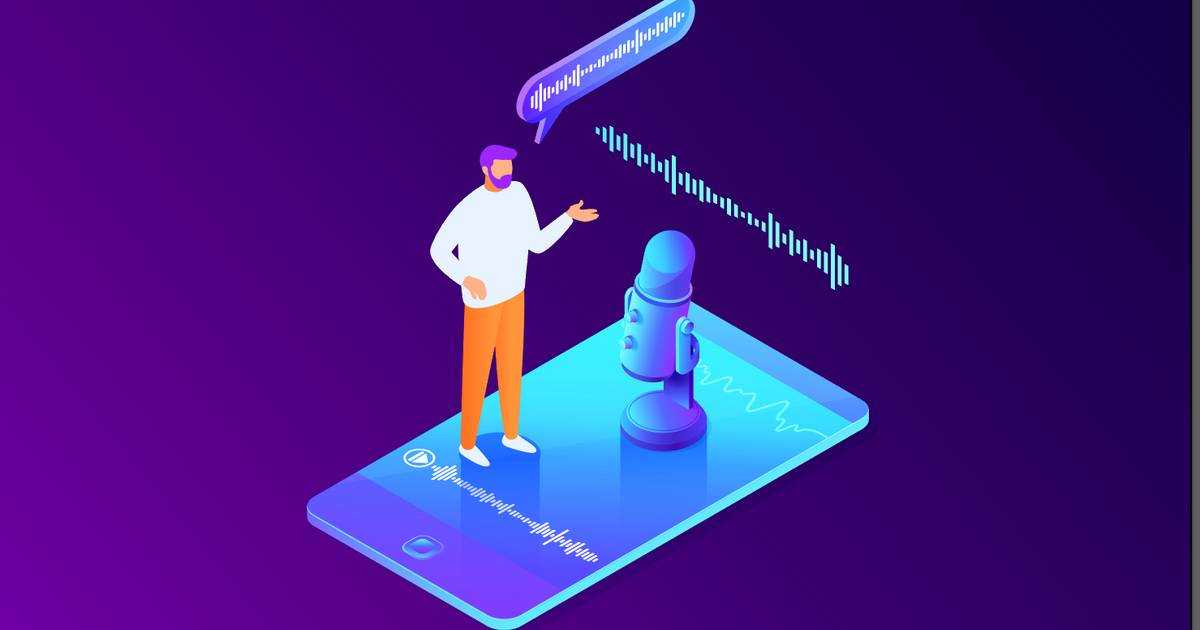Most enterprises fail to use unstructured data (information not in traditional row-column formats, such as audio and video) to achieve their goals. Gartner refers to this as ‘dark data’, since no one can analyze or monetize it. However, recent advances in AI have made it possible to utilize dark voice data via Speech-to-Text 2.0 and Unlimited Voice Search.
What is Speech-to-Text 2.0?
"Speech-to-Text 2.0" refers to a new approach to developing Automatic Speech Recognition (ASR) software by leveraging the latest developments in deep learning. It enables enterprises to convert voice to text with high levels of accuracy, reliability, and complete privacy.
Advances in artificial intelligence (AI) resulting in improved accuracy have been the main driver of the adoption of Speech-to-Text technology. Machine transcription of speech-to-text outperforms human transcription in terms of costs, privacy, and fast turnover. For example, while the average cost for human transcription is around $1.5 per minute, most cloud-dependent Speech-to-Text (STT) APIs costs around $1.5 per hour on average. However, given the millions of hours of data produced every month, this can also cost a significant amount. Further, cloud-dependent APIs may not be the safest option for sensitive data as connectivity requirements and the controversial history of cloud providers do not offer full reliability and privacy.
Picovoice’s innovative Speech-to-Text (STT) technology offers cloud-level accuracy with the benefits of edge computing: private by design, zero latency, and cost-effective at scale. With Picovoice Speech-to-Text, enterprises no longer need to compromise privacy and price (hefty cloud bills) to derive value from their voice content.
What’s Voice Search with no limits?
Voice search with no limits refers to the technology that enables enterprises to conduct unlimited searches, without worrying about the spelling of words or training voice models. The main advantage of voice search is that it overcomes the necessity to convert voice to text to run searches.
Despite the advancements in AI, there is no 100% accurate Speech-to-Text solution on the market. Even human transcription solution providers offer approximately 99% accuracy. Speech-to-Text solutions find homophones (such as matcha or much a) and special names (words pronounced differently across the globe, such as Hermes) especially difficult to transcribe. Speech indexing is a complementary solution to be used for these unique cases as it indexes speech directly without relying on a text representation. It allows for massive numbers of audio files to be searchable. Its acoustic-only approach boosts accuracy by removing the out-of-vocabulary limitation.
Start Building






